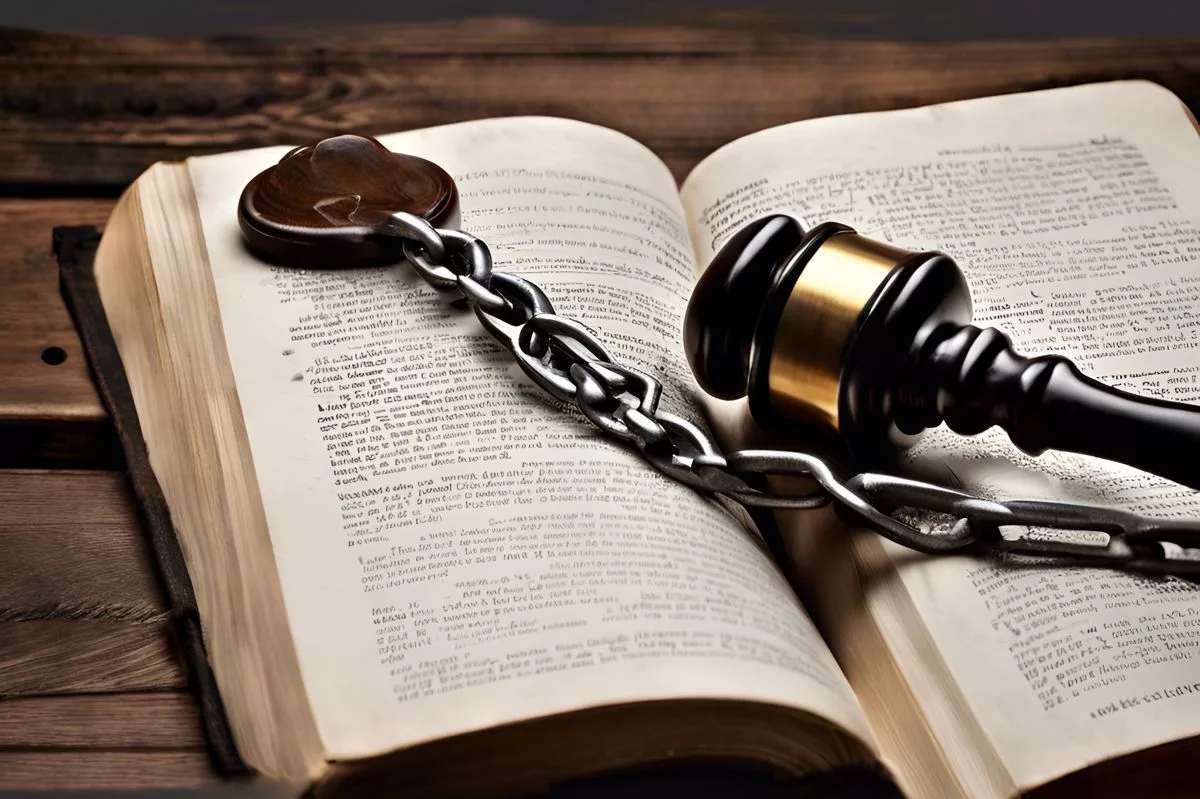The recent divorce of Rassie Erasmus, coach of the Springboks rugby team, has sparked a nationwide debate about the balance between privacy rights and public interest for sports celebrities. While Erasmus has been notoriously private about his family life, the lack of comments regarding his divorce has raised questions about whether his off-field life should be subject to public scrutiny. The situation highlights the complex reality of public figures, where personal and professional lives often become intertwined, and opinions on privacy rights continue to be diverse.
Sport celebrities often struggle to balance their personal and professional lives, with privacy rights and public interest creating a complex reality. The recent divorce of Rassie Erasmus, coach of the Springboks rugby team, has sparked discussions about the equilibrium between the personal and professional lives of sports celebrities. Erasmus has been meticulous in his attempts to keep his family life private, yet the lack of comments from involved parties has sparked an outcry on social media, questioning whether the coach’s off-field life should be subject to public scrutiny.
The Complex Reality of Public Figures
Life as a public figure, particularly in the sphere of sports, often means the relinquishment of personal privacy. This reality is clearly demonstrated in the life of Rassie Erasmus, the well-known coach of the Springboks rugby team. Despite being notoriously private, the recent divorce between Rassie and his wife Nicolene, to whom he had been married for almost 20 years, has become public knowledge. This has led to a nationwide debate among South Africans: should the personal lives of public figures remain private, or are they rightfully subject to public scrutiny and sensationalist news?
Erasmus is not your typical sports celebrity. He has been meticulous in his attempts to keep his family life out of the public eye, mostly steering clear of social media’s revealing glare. Regardless, the recent news of his divorce has triggered a range of reactions from the public and sparked discussions about the equilibrium between the personal and professional lives of sports celebrities, specifically those who have reached a kind of rugby aristocracy, like Erasmus.
The duo, who have been married since 2003 and are parents to three daughters, have neither confirmed nor denied the divorce rumors. Similarly, SA Rugby, the governing body of rugby in South Africa, has refrained from commenting on the personal lives of their staff. The lack of comments from all involved parties has sparked an outcry on social media, with many stating that the coach’s off-field life is “none of their business.”
A Study in Contrasts: Public Reception vs Private Scandals
The sympathy from Springbok supporters towards Erasmus’s personal ordeal starkly contrasts the public responses to other players’ controversies. Take, for example, former Bok player Elton Jantjies. Jantjies experienced severe public criticism after confessing to having an affair with team dietitian, Zeenat Simjee. Not only was Jantjies accused of infidelity, but he also faced allegations of illegal substance use and domestic violence. Similarly, when Sbu Nkosi’s personal mental health battle found its way to the headlines, it caused significant damage to his reputation.
In the intense world of sports, where personal ups and downs are often as widely recognized as professional ones, these cases provoke a significant question: where do we establish boundaries between what is personal and what is public?
Family Values and Their Role in Sports
The Springbok team’s culture, which has been predominantly shaped by Erasmus, is deeply anchored in family values. The SA rugby team has distinguished itself from teams of other nations by inviting players’ wives and children to their training grounds and allowing them to accompany the team to the World Cup. Erasmus, himself, has often underscored the importance of a strong family unit in sustaining a successful team.
Erasmus, in the MNet documentary Chasing The Sun 2, is quoted saying, “[If a player] doesn’t have the ability to handle his family, his wife, and his children, control that, and stay focused on the program, surely you’re not going to trust him in that field?” This belief in the critical role of family is a fundamental element of the Springboks’ team culture.
However, this strong focus on family dynamics also poses an interesting question: When a family bond is disrupted, as in cases of divorce or accusations of domestic violence, should it then be subjected to public examination?
The Intricate Balance: Privacy Rights vs Public Interest
The matter of privacy rights for celebrities is a multi-faceted one. As per South African law firm Bosse & Associates, sports stars can take legal actions if they feel their dignity has been infringed upon or their privacy rights breached. Nonetheless, the public’s interest in non-sporting aspects of sports stars’ lives, and how these personal situations might influence their professional performance, often muddles the situation.
As professional and personal lives of public figures become increasingly intertwined, the discussion around privacy rights continues. While opinions are diverse, a statement made by Facebook user Tumisang Mamabolo resonates with many: “Once you choose to be a public figure, please don’t tell us about your private life…everything becomes public.” This opinion, though severe, reflects the current reality of life as a renowned figure, underlining the fragile equilibrium between privacy and public scrutiny in the sports realm.
1. What sparked the recent nationwide debate regarding privacy rights and public interest for sports celebrities?
The recent divorce of Rassie Erasmus, coach of the Springboks rugby team, has sparked a nationwide debate about the balance between privacy rights and public interest for sports celebrities.
2. How has Rassie Erasmus’s private life come under public scrutiny?
Despite being notoriously private, the recent divorce between Rassie and his wife has become public knowledge. The lack of comments from all involved parties has sparked an outcry on social media, with many stating that the coach’s off-field life is “none of their business.”
3. What is the contrast between public reception and private scandals of sports celebrities?
The sympathy from Springbok supporters towards Erasmus’s personal ordeal starkly contrasts the public responses to other players’ controversies like Elton Jantjies and Sbu Nkosi. These cases provoke a significant question: where do we establish boundaries between what is personal and what is public?
4. What role do family values play in sports, specifically in the Springbok team’s culture?
The Springbok team’s culture, which has been predominantly shaped by Erasmus, is deeply anchored in family values. This belief in the critical role of family is a fundamental element of the Springboks’ team culture.
5. What is the multi-faceted issue regarding privacy rights of celebrities?
The matter of privacy rights for celebrities is a multi-faceted one. As professional and personal lives of public figures become increasingly intertwined, the discussion around privacy rights continues.
6. What is the fragile equilibrium between privacy and public scrutiny in the sports realm?
The fragile equilibrium between privacy and public scrutiny in the sports realm is demonstrated by the reality of life as a renowned figure. Opinions on privacy rights continue to be diverse, and the public’s interest in non-sporting aspects of sports stars’ lives often muddles the situation.












